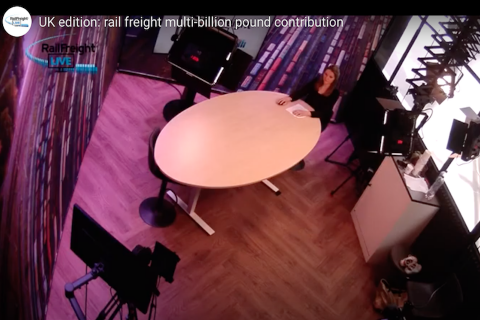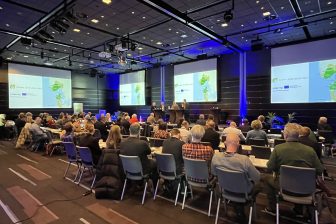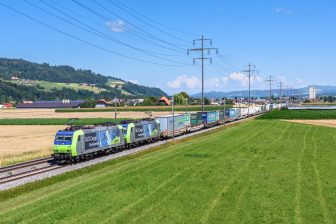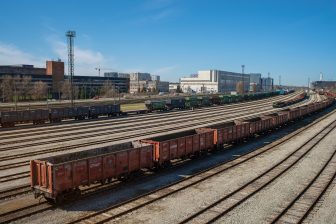
UK leaders debate on RailFreight Live: staff, skills, sectors
RailFreight Live studio
Challenges face the rail freight industry in meeting the ambitions laid out in the recent Value of Rail Freight report. That was the primary take away from the latest RailFreight Live debate, voiced by industry leaders in the UK. The report’s sponsors, the Rail Delivery Group, freight operators, and the logistics sector came together as part of a UK Special edition of RailFreight Live, the only weekly broadcast dedicated to the rail freight industry.
Do you want to read the full article?
Thank you for visiting RailFreight.com. Become a member of RailFreight Premium and get full access to all our premium content.
Are you already a member?
Having problems logging in? Call +31(0)10 280 1000 or send an email to customerdesk@promedia.nl.




